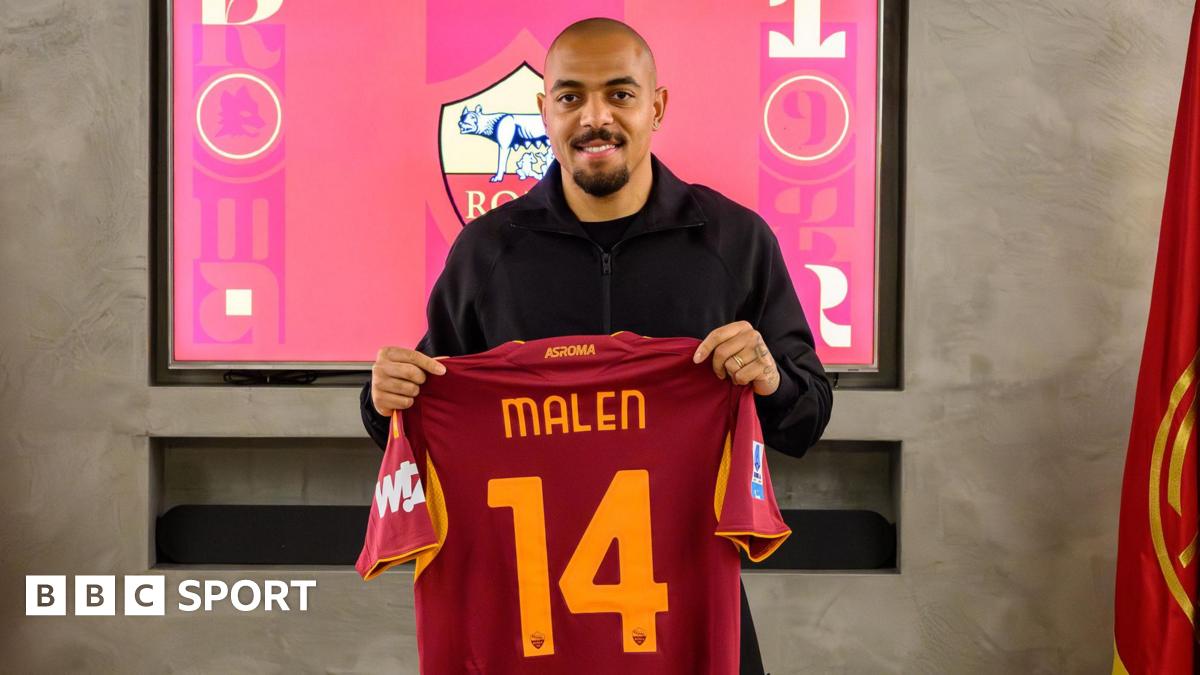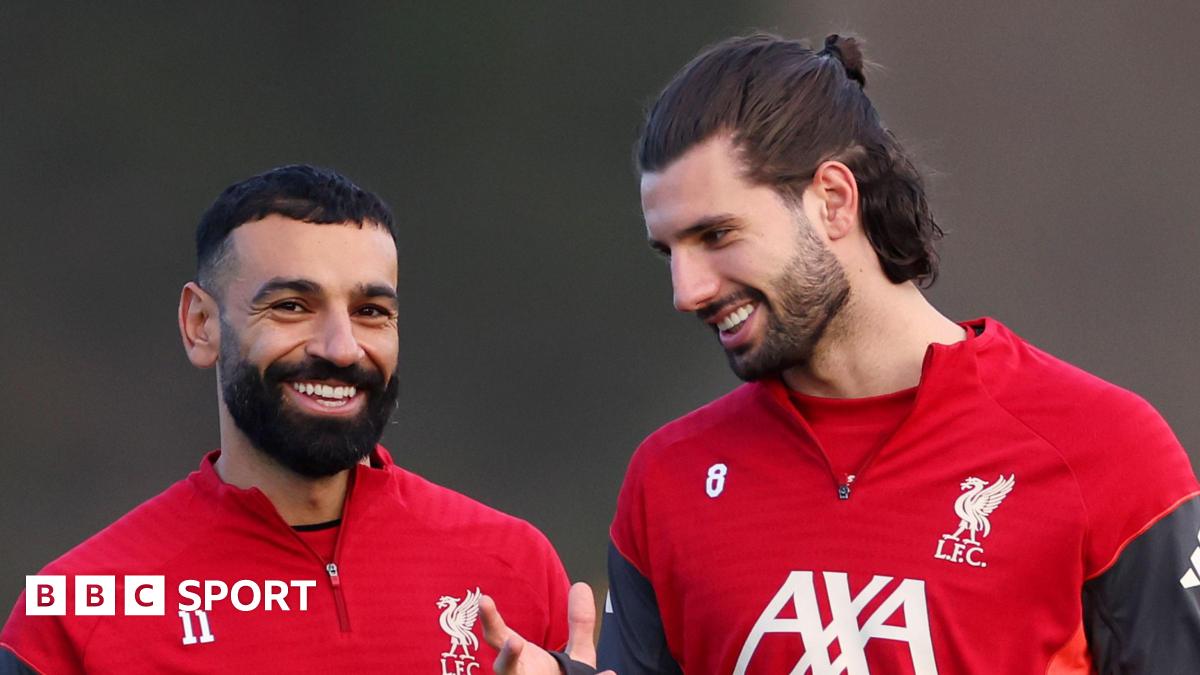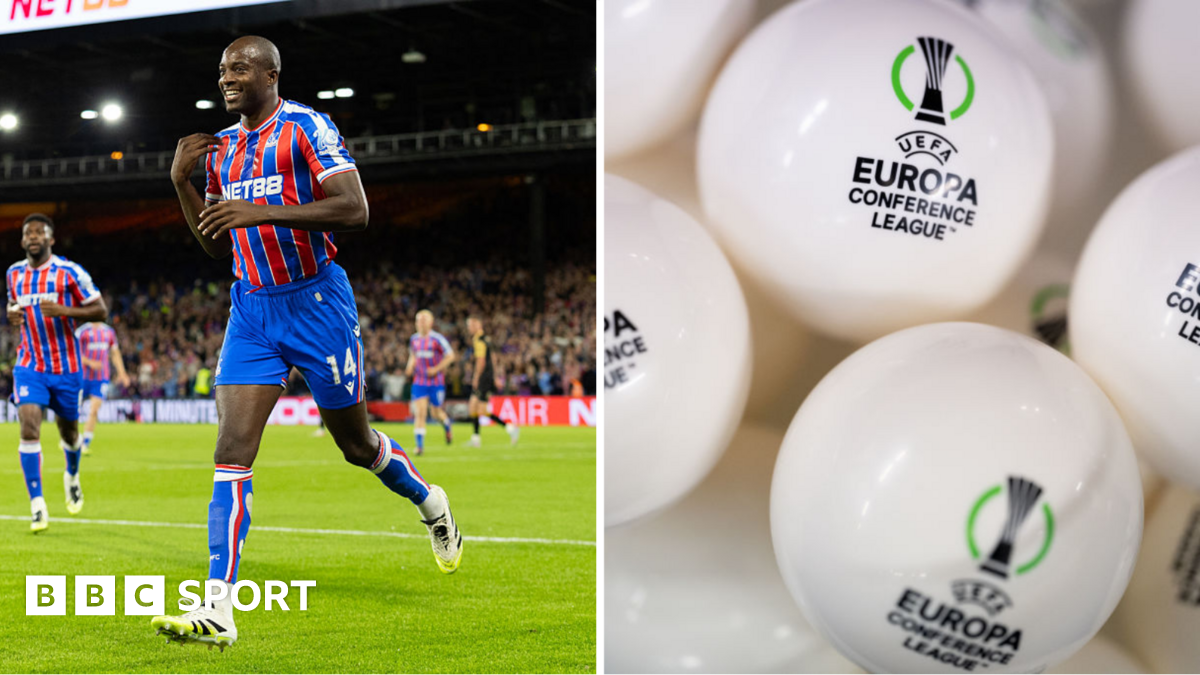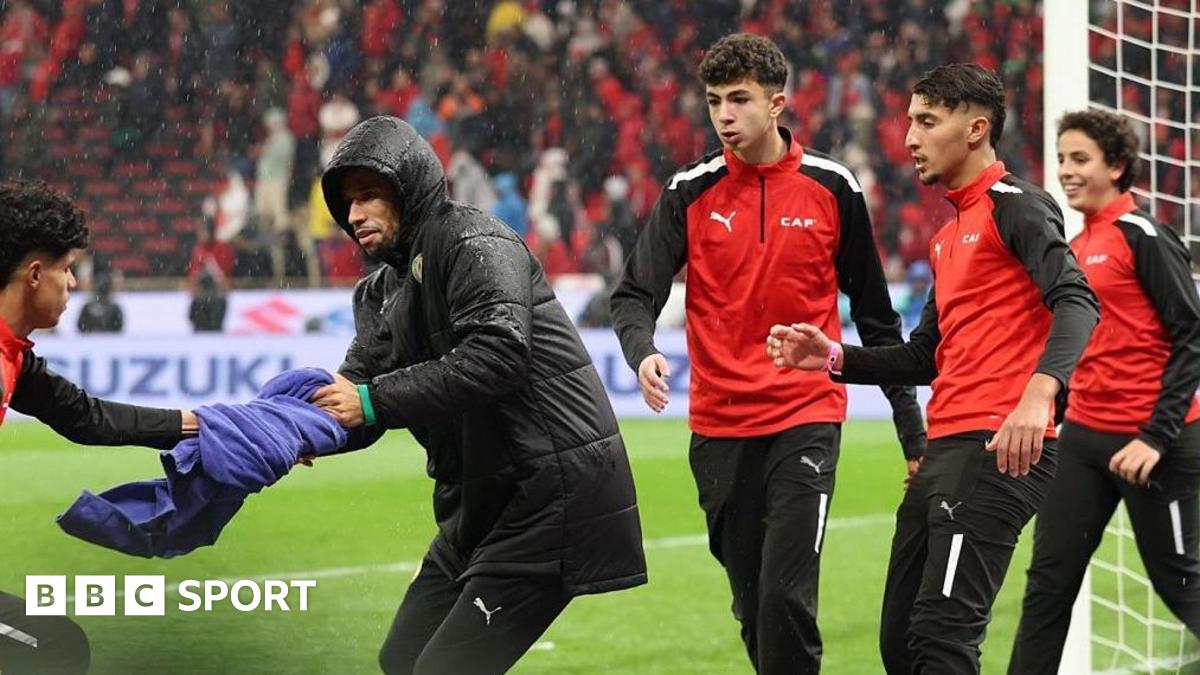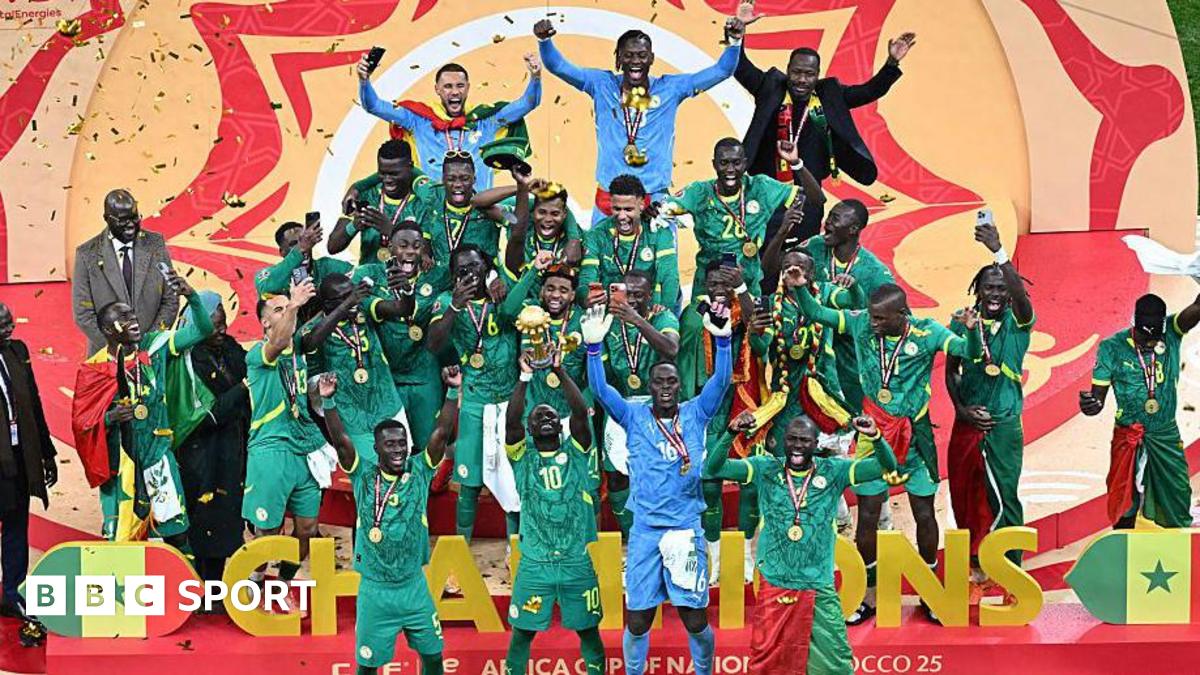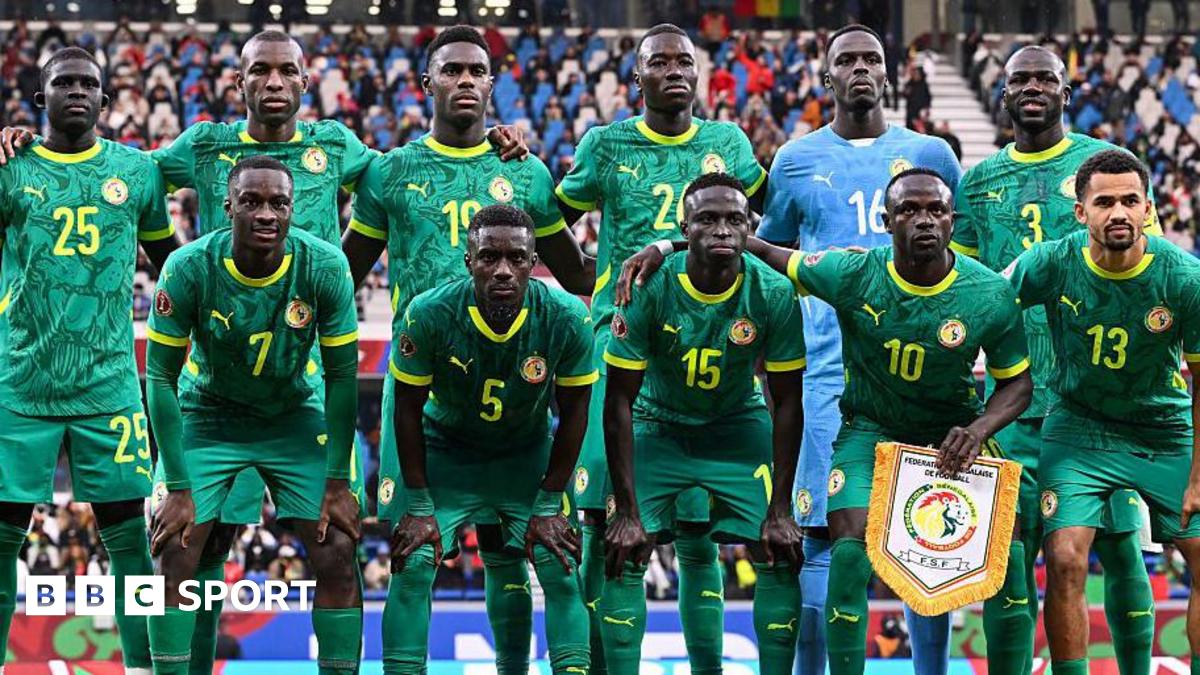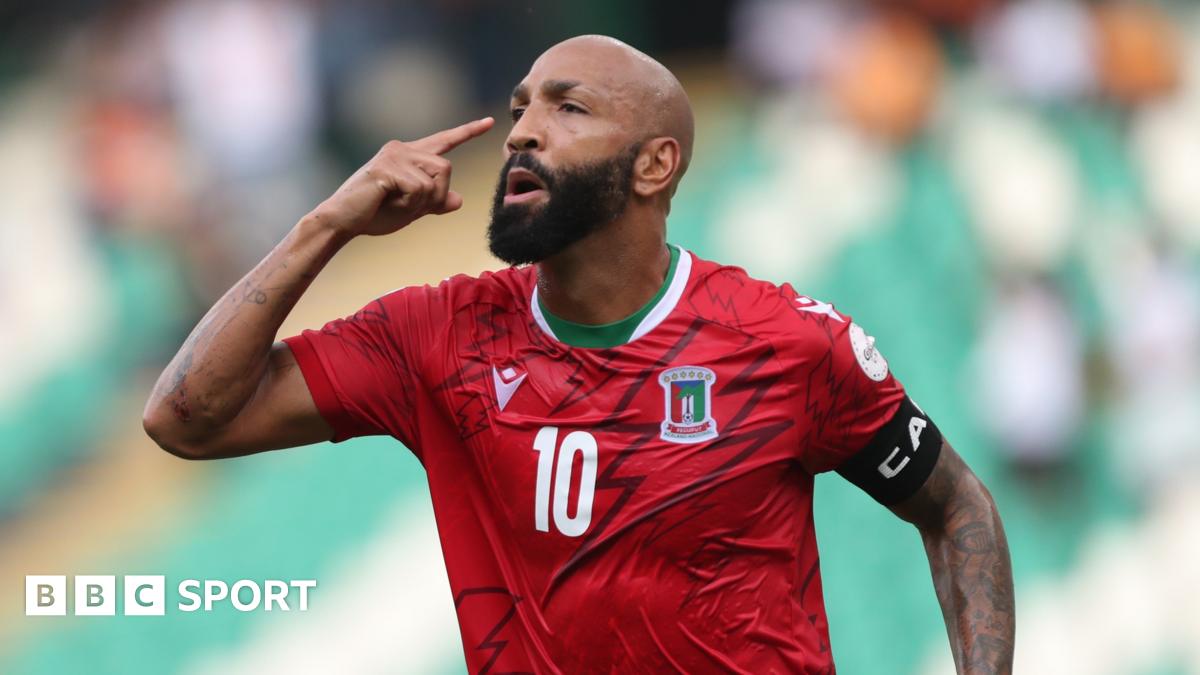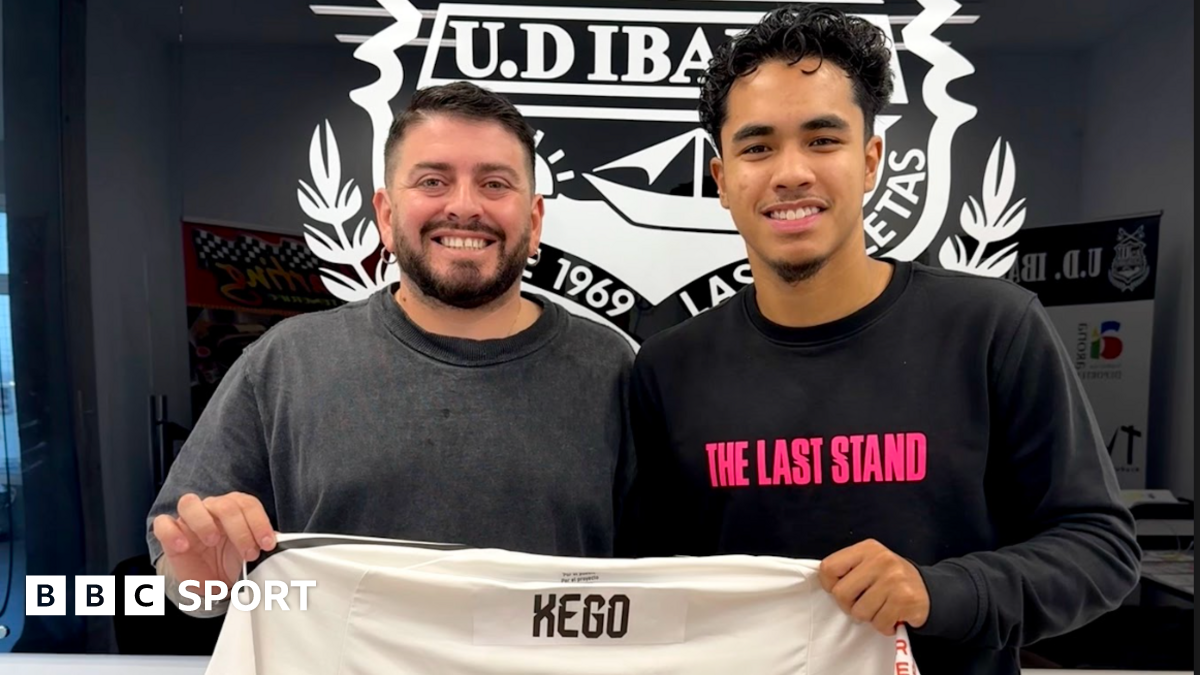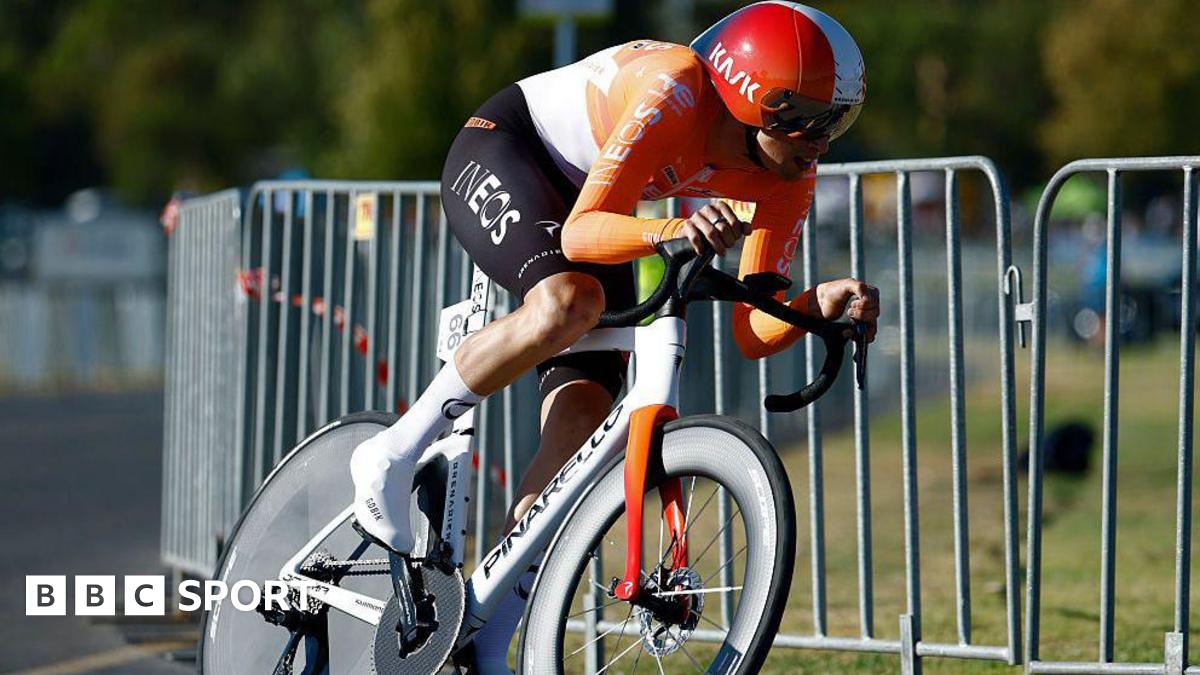Fifa’s ruling in May 2024 stunned both Nsue and Feguifut president Ndong Micha, given neither thought his eligibility was an issue.
It transpired, however, that a previous Feguifut regime had failed to file the correct paperwork and follow procedure in 2013.
Having played nearly 50 times for Spain’s youth teams, it was in February of that year that the Equatoguinean federation first wrote to Fifa requesting the change of allegiance before – despite receiving no approval – then fielding the forward in two games over four months.
In response, Fifa sanctioned Equatorial Guinea, awarding technical 3-0 wins to their opponents, stating that Nsue was ineligible as he did not have Equatoguinean nationality when first representing Spain in 2005 – a requirement at the time.
Four months later, however, Nsue was back on the field for Equatorial Guinea – for a friendly against Spain, ironically – and he continued to play, including at three Nations Cups, until Fifa took its belated action.
Speaking to the BBC in July 2024, Ndong Micha claimed that Fifa had not taken into account his country’s constitution, which states that anyone born to a mother or father from the country is automatically an Equatoguinean upon birth.
A statement to this extent by Equatorial Guinea’s minister for justice, culture and human rights was crucial in enabling Fifa’s recent U-turn.
The fact that Nsue could show an old Equatoguinean passport from 2004, a document which preceded his first Spain youth appearance, also helped win the case.
“Thanks to our lawyer Paolo [Torchetti], who has been key, we have been able to show all necessary documentation relating to Emilio’s eligibility,” added Ndong Micha, calling Fifa’s decision “vital”.

